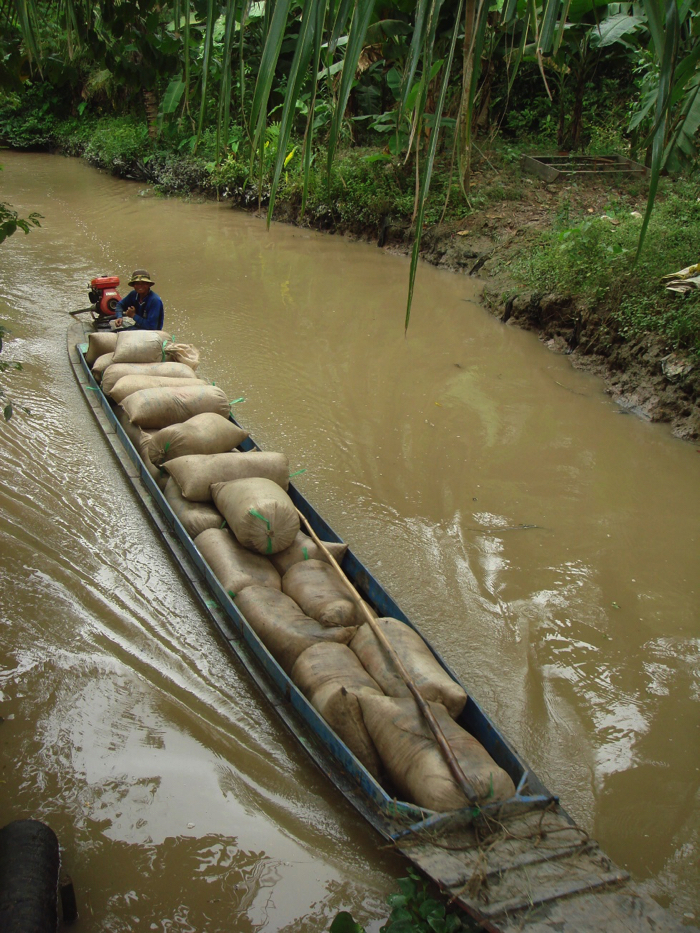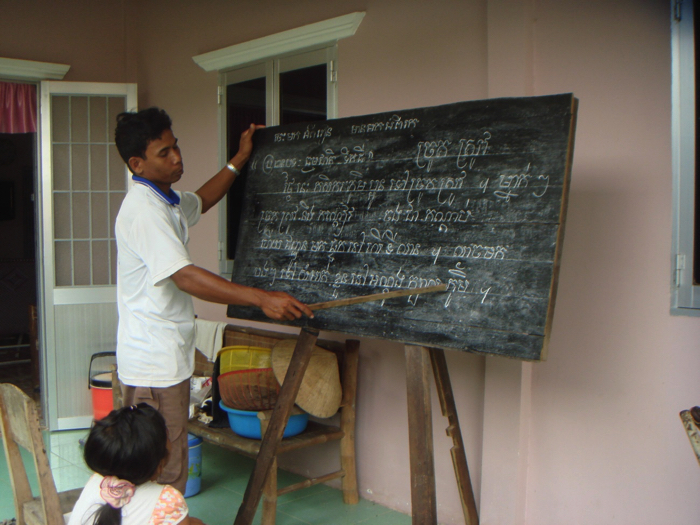- Project Leader : Shimojo Hisashi (Kyoto University, Graduate School of Asian and African Area Studies)
Outline of Research
This research attempts to consider the struggle for governance and subsistence between local community and political force in the Mekong Delta of southern Vietnam during the war and socilism eras in the late 20th century. It examines the influence of governance on the local community composed of ethnic Khmer, Chinese and Vietnamese, and how the people dealt with the governance. Furthermore, this reseach also considers the influence of people’s evasive actions on the governance. The evasive actions I refer to here include hidding food, selling it on the black market, or seeking refuge in religious spaces, and crossing the border to escape to Cambodia. Sources of infomation include interviews on oral history collected through the long-term fieldwork in the local community and documents such as monograph, newspaper, and statistics.
Purpose of Research
It examines how governance was affected by the strength of networks to assist people’s evasive action such as hidding food in their houses, trading on the black market, and draft evasion in buddhist pagodas in Vietnam. The background of the political chaos over war and socialism of Southern Vietnam in late 20th century was that the nation state could not control the networks of family, commerce, and religion stretched beyond the state border from local commnity, although it attempted to reorganize these networks. The purpose of reseach is to reveal the background about the political chaos in Southern Vietnam from the point of view of networks strength in the local community containing elements of Khmer and Chinese in Mekong Delta.
Significance
Many previous researches have explained the political chaos above from the point of view of Cold War, Vietnamese nationalism, or revolution. However, these researches have overlooked one thing. The mobilization orders for the sake of organization by political forces such as conscription or requisition imposed heavy risk on people’s subsistence, which people attempted to evade in local communities. Far more important elements in terms of history of Southeast Asia than Cold War, nationalism or revolution are people’s everyday actions like hiding food, trading on the black market, draft evasion, or escaping to Cambodia.
Expected Results
In the first place, by considering extensive networks to assist people’s everyday action, we can overcome the conventional argument that while northern Vietnam is “traditional society” composed of closed corporate peasant communities, Southern Vietnam is “cultivated society” composed of open peasant communities, and review what social structure to sustain subsistence is in Mekong Delta. Second, we can reunderstand Mekong Delta as a society deeply related with societies in other neighboring countries of Southeast Asia.


